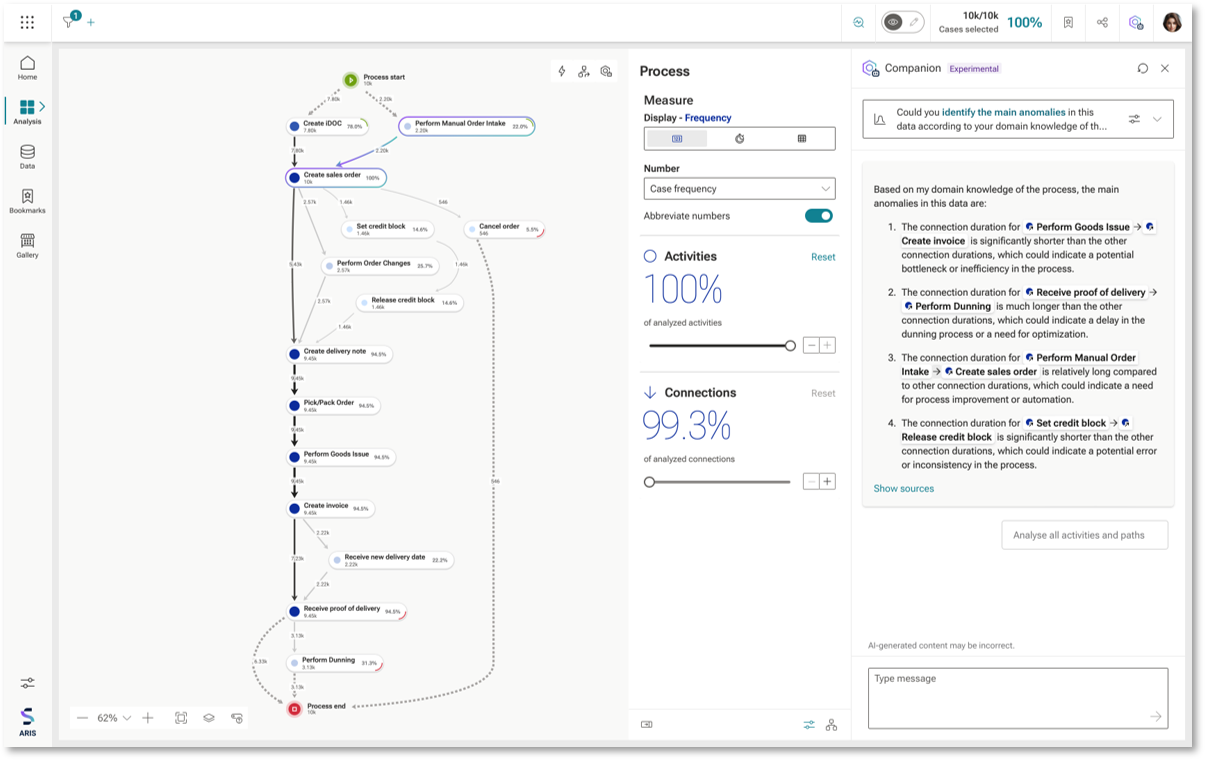Celebrating 50 Episodes of Insight from the BPM360 Podcast
The BPM360 Podcast by our Partner Dr. Russel Gomersall and Caspar Jans (Celonis) has become an established platform for sharing perspectives on business-process management, automation, and digital transformation.
Its purpose is straightforward: to provide clear, experience-driven insights into how processes operate across modern organizations, how technologies are reshaping them, and which trends are defining the next generation of BPM practices. Through conversations with experts and practitioners, the podcast brings forward real challenges, emerging opportunities, and the ongoing evolution of the BPM landscape.
A significant milestone has now been reached with the release of Episode 50.
Check out the milestone episode here.
What This Milestone Represents
Fifty episodes reflect more than consistency — they mark the growth of a knowledge hub that continues to support and inform the BPM community. Over time, the podcast has developed a comprehensive library of discussions covering topics such as process mining, orchestration, operational excellence, automation frameworks, and the shifting roles of technology platforms.
Reaching this point reinforces the value of sustained dialogue in a field that evolves rapidly and often unpredictably.
Inside Episode 50
The milestone episode focuses on a timely and highly relevant topic: the role of ServiceNow’s process orchestration capabilities in shaping the next chapter of BPM.
Key themes include:
The strategic expansion of orchestration across enterprise systems
The influence of recent market movements, including major acquisitions in the BPM and process mining space
How platforms are shifting from isolated workflows toward interconnected, intelligence-driven process landscapes
The growing necessity for orchestration layers that sit above traditional applications and integrate processes end to end
The episode provides a forward-looking exploration of how BPM is transitioning from improvement initiatives to an orchestration-centric model that connects processes, data, and automation frameworks across the enterprise.
Looking Ahead
With 50 episodes now available, the BPM360 Podcast continues to build momentum. Future discussions are expected to dive deeper into process intelligence, orchestration strategies, automation-driven operating models, and the evolving ecosystems surrounding modern BPM platforms. The milestone marks both a reflection point and a launchpad for even more advanced conversations about the future of process work.













